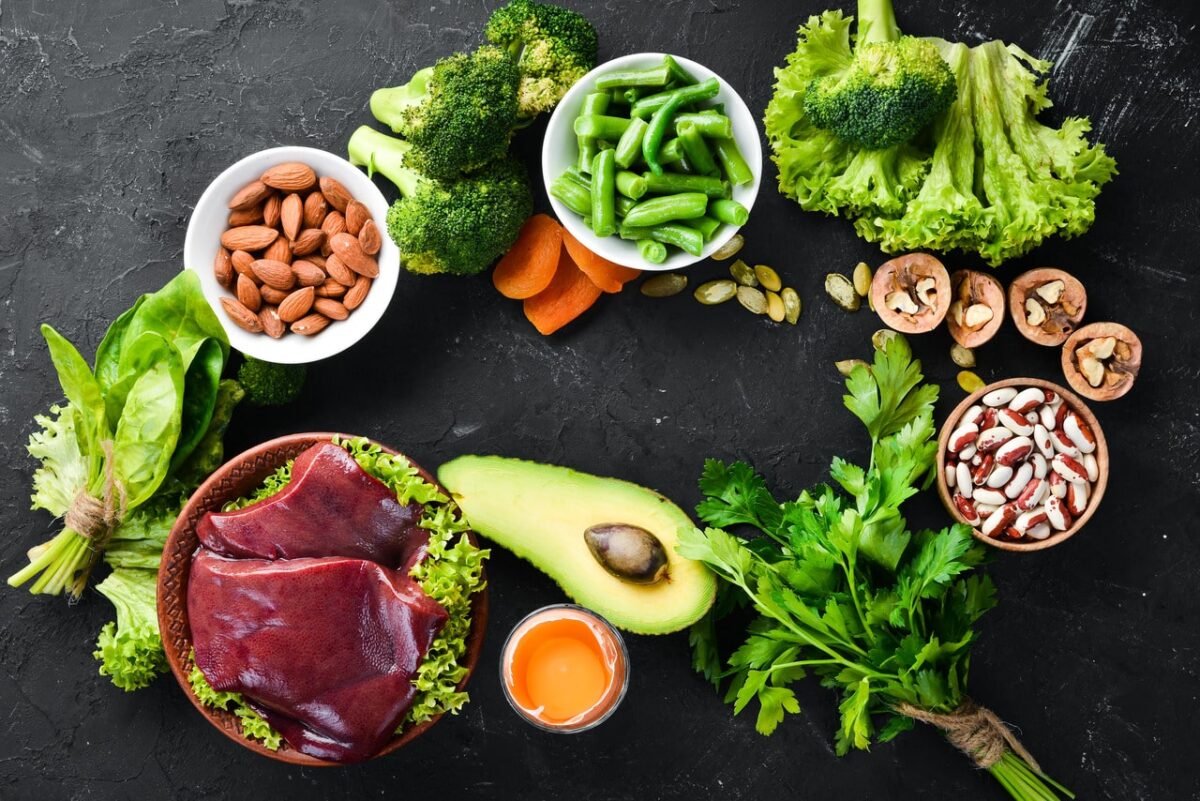Iron is a vital nutrient for our body; it plays a significant role in the production of hemoglobin, a protein in our red blood cells that transports oxygen throughout the body. When there’s a shortage of iron, it can lead to a medical condition known as anemia, characterized by a diminished number of red blood cells and reduced oxygen transport, resulting in symptoms like fatigue, dizziness, and paleness.
While it’s essential to include iron-rich foods in our diet, such as red meat, spinach, and lentils, there are certain foods that can hinder iron absorption. Avoiding or limiting these can help in better iron uptake and prevent anemia.
1. Calcium-Rich Foods:
Calcium is an essential mineral for bone health. However, it can interfere with the body’s ability to absorb iron. This doesn’t mean you should cut out calcium altogether, but try to consume calcium-rich foods and iron-rich foods at different times. For instance, if you’re having spinach (iron-rich) for lunch, avoid pairing it with cheese (calcium-rich) in the same meal.
2. Tea and Coffee:
Both tea and coffee contain compounds called polyphenols, which can bind to iron, making it harder for our bodies to absorb. It’s advisable to wait an hour or so after a meal before consuming these beverages to ensure optimal iron absorption.
3. Whole Grains and Legumes:
While whole grains and legumes are beneficial for our health and even contain iron, they also possess phytic acid. This compound can limit the absorption of iron. Soaking, sprouting, or fermenting these foods can help reduce phytic acid levels and improve iron absorption.
4. Foods Rich in Oxalates:
Spinach, beet greens, and rhubarb are rich in oxalates, which can bind to iron in the gut and reduce its absorption. While these foods do contain iron, the body might not absorb it efficiently due to the oxalates. It’s a balance: include them for their many health benefits but be aware of their oxalate content.
5. Eggs:
Eggs contain a compound called phosvitin which can inhibit the absorption of iron from other foods. If eggs are a staple in your diet, ensure you’re consuming other iron-rich foods throughout the day.
The balance of nutrients in our diet is crucial. While it’s important to be aware of foods that can inhibit iron absorption, it doesn’t mean they should be completely eliminated from the diet. Instead, strategic planning and spacing out meals can ensure you’re getting the most out of your food. Always consult a nutritionist or healthcare provider to tailor dietary advice to your specific needs
